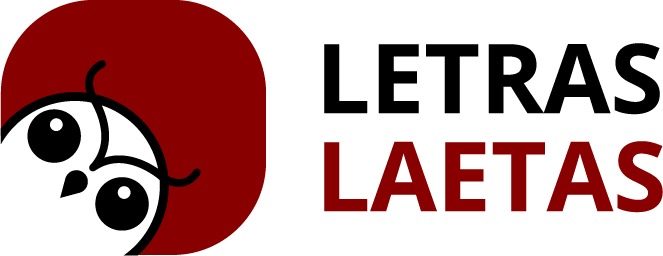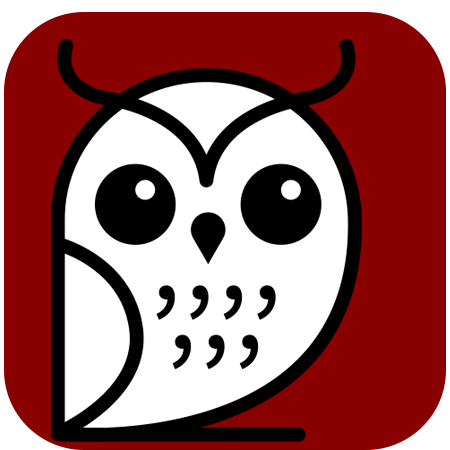In the field of marketing, it is very common to find loans from English. Words such as brief, buyer persona, focus group, customer journey, awareness, engagement, influencers, are used daily.
Its use is due to the fact that knowledge of this discipline is generated in English for the most part. It is not easy to find exact equivalences between the two languages. On the other hand, it is also because in certain environments the English language enjoys greater prestige. In this entry, we will talk more about this topic, as well as the attitudes of marketers and language scholars towards this phenomenon.
Spanish language purists
Most people don’t give much thought to language use. However, there are certain people who not only advocate the “correct” use of the language but, in their efforts to be neat, become purists who criticize the use of words in other languages.
In another entry about spelling in the digital age , we had already talked about the fact that there are two attitudes towards the way of studying a language:
- The descriptive that, as its name indicates, is based on the description of how the language is used. In this approach it is not considered that there are “correct” or “incorrect” uses. It starts from the premise that the ultimate goal of language is to communicate. If our message is decoded correctly, that is, if it is understood, that is what is important.
- On the other hand, the prescriptive approach is in which “correct” and “incorrect” ways of saying things are considered.
The Spanish language has been traditionally studied with a prescriptive approach. It has been the focus of debate for this series of language scholars who form institutions to regulate its use. In contrast to, for example, the English language, which does not have institutions specifically created for this purpose. The closest thing to a “norm” is the one dictated by the University of Oxford through the Oxford English Dictionary (abbreviated OED).
In English language culture there is a tradition of holding ‘spelling’ contests. However, this is because your language is not phonetically represented by your writing. English writing, unlike Spanish, does not represent exact sounds. It can be understood that for a matter of learning, these types of contests are held so that children learn to write their language from an early age. Despite this, there is not as much institutional rigor as the one experienced by the Spanish.
One of the institutions in charge of regulating the use of the Spanish language is the Real Academia de la Lengua Española, also known by its acronym RAE. Other institutions have emerged later, such as the Fundéu or Fundación del Español Urgente.
The history of Spanish and its loanwords
Spanish history is fascinating. As we all know, it is a Romance language, that is, it was born from the language spoken by the Romans: Latin. The Roman empire extended throughout the Iberian Peninsula and one of its great successes is that it respected local cultures. The Romans felt an enormous admiration for the Greek culture, in such a way that there are many equivalencies between their gods and those of the Romans.
Maintaining a common language in such a vast empire was an impossible thing. So little by little, people began to speak something other than Latin and, depending on the regions where they were located, they began to hear languages similar to what we now know as Italian, French, Spanish, among others.
Spanish is a derivative of Latin that has adopted many loanwords from the substrate languages of the hundreds of countries that speak it. Of the languages from which we have taken the most loans, it is Arabic. Antonio Alatorre, in his book Los mil y un años de la lengua española, has a beautiful chapter in which he talks about the Arabisms of Spanish.
More than 4,000 Arabisms are pronounced by Spanish-speakers every day for the most everyday realities: zero, number, algorithm, camphor, alcohol, trench, pool, alfalfa, cotton, rice, sugar, saffron, sesame, zenith, waterwheel, rebate, vial …
In Mexican Spanish, one of the substrate languages is Nahuatl; to him we owe another huge number of words; many of them are toponyms (place names) such as Chapultepec, Chiapas, Oaxaca… others refer to plants and food, such as ahuehuete, quelite, chocolate, chicle, jitomate, aguacate, atole… and also names of animals such as zopilote, guajolote, escamol, among many others.
It should therefore not surprise us that, being on the border with the United States, an English-speaking country, we have already adopted many of its terms and have incorporated them into our lexicon. Words like friki, güisqui, jonrón, tuit, pádel, clicar, máster, among others, come from English and are already accepted by the RAE.
And in circles such as advertising and marketing, the terms that refer to these realities have been used without translation. Let’s remember that just as Ferdinand de Saussure is the father of modern linguistics, Philip Kotler is the “guru” of contemporary marketing. His language: English.
A campaign that criticizes the use of Anglicisms
There is a halo of aspirationality in the use that Spanish-speakers make of the English language. English has been used globally as a lingua franca. Its teaching is common as a second language in countries where Spanish is spoken. Much of scientific communication is created or translated into this language.
With this in view and in order to make a call attention to the use of anglicisms let’s call it, “false nose”, a couple of years ago a campaign began to circulate on social media that criticized the use of Anglicisms in the advertising. What they wanted to prove is that people who hear something in English don’t necessarily understand it, but because it “sounds good” to them, it makes them want products advertised in this language.
The attitude of marketers and advertisers towards the use of anglicisms
Advertisers and marketers have not ignored this phenomenon. Rather than analyzing it with a purist or prescriptive approach, as some language scholars have done, it has become the reason for multiple jokes and memes. Hundreds of stories circulate like the one we share below.
It seems that the terms in English have become the daily jargon of professionals in these areas and although it seems (because we literally do) that we are speaking in another language, this is no different from when doctors use a highly specialized lexicon in the one that only among themselves understand each other.
In conclusion…
- It would be hypocritical and uninformed to criticize the use of loanwords from other languages.
- The important thing is to manage to communicate each other, if we do, this means that we are competent speakers.
- Although, among marketers it is very common to use jargon made up of Anglicisms and abbreviations, this use of the language is correct depending on whether our interlocutor will understand us or not.
Share with us your memes about the use of anglicisms in the marketing field. Have you had any related experience? Tell us in comments.


